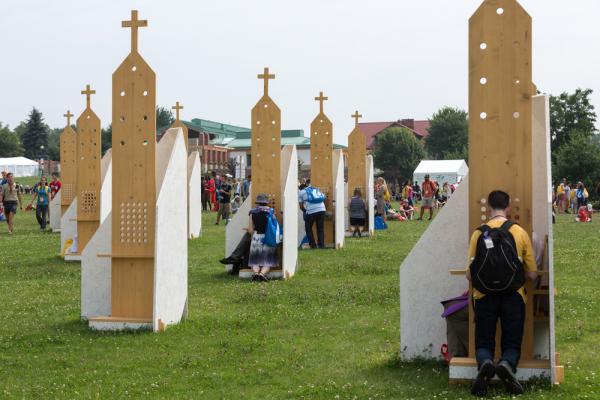Oct 17, 2016
Jesus’ stories always provoke, but they also invite. This story stands as an invitation to be connected in our thanksgiving and especially in our confessing. Let the confessions begin in our homes: in the places we live, with the people we love. Let them continue in our places of worship. Let the confessions be made public such that they might reshape local and national discourse. With confidence, let us confess and receive assurance — even when we turn from God, God is faithful still.
Read the Full Article

Already a subscriber? Login
